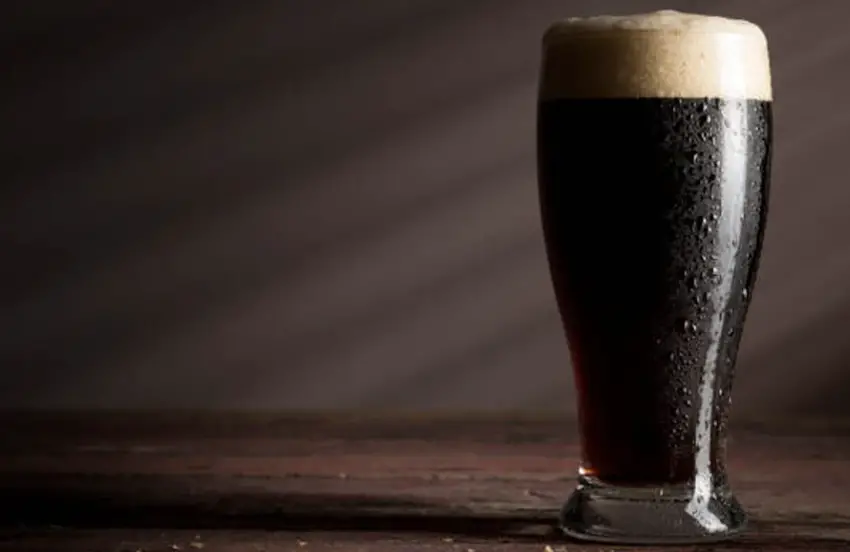
Exploring the Richness of Dark Beer: A Journey through Different Types
Beer, one of the world’s oldest and most beloved beverages, comes in a vast array of styles, flavors, and colors. Among these, dark beer stands out as a distinctive category that has captured the hearts of beer enthusiasts worldwide. Embracing deep hues and complex flavors, dark beers offer a unique experience that goes beyond the typical lagers and pale ales. In this blog post, we’ll take a delightful journey through the various types of dark beer, each with its own allure and characteristics.
1. Stout: The Robust and Bold Brew
Let’s start our exploration with one of the most iconic dark beer types – Stout. Stout is renowned for its rich, dark color, and its bold, roasted flavors that often carry notes of coffee and chocolate. There are several subcategories within the Stout family:
– Dry Stout: As the name suggests, this variant is dry and not overly sweet, with a focus on roasted malt bitterness. Ireland’s famous Guinness Draught is a classic example of a dry stout.
– Sweet Stout: Contrasting its dry counterpart, sweet stouts feature a creamier and slightly sweeter taste, thanks to the addition of lactose during brewing. The result is a smooth and velvety beer with flavors reminiscent of milk chocolate.
– Oatmeal Stout: Oatmeal stouts use oats during the brewing process, imparting a smooth and silky mouthfeel. These stouts often carry a subtle sweetness and can be a delightful treat for breakfast or dessert.
2. Porter: The Historical Dark Delight
Porter, the predecessor of the stout, carries a storied history dating back to the 18th century. Like stout, it features roasted flavors, but porters are generally lighter-bodied and less robust. They often showcase a balanced combination of malt sweetness, hop bitterness, and hints of caramel or toffee.
– Brown Porter: This classic version of porter boasts a harmonious blend of maltiness and a touch of bitterness, creating a well-rounded and drinkable beer.
– Robust Porter: As the name implies, this variation leans more towards a bolder flavor profile. Expect a stronger roasted character and sometimes a higher alcohol content.
3. Dunkel: The Bavarian Dark Lager
Moving away from ales, we encounter the German Dunkel, a dark lager originating from Bavaria. Dunkels offer a delightful change of pace with their smooth, malt-forward profile, showcasing flavors like bread crust, caramel, and a hint of chocolate. Despite their darker appearance, Dunkels are generally easy to drink and go down smoothly.
4. Belgian Dubbel: Dark and Abbey-Inspired
Belgian Dubbel is a captivating dark ale that comes to us from the abbeys of Belgium. With a reddish-brown color, this beer style boasts fruity esters, maltiness, and a touch of spice from Belgian yeast. The result is a complex and satisfying brew that leaves a lasting impression on the palate.
5. Schwarzbier: The Black Beauty of Germany
Hailing from Germany, Schwarzbier is a black lager that defies expectations. Despite its color, it surprises with a light-to-medium body and a clean, crisp finish. Schwarzbier offers a delicate balance between roasted malt flavors and a refreshing drinkability, making it a versatile and enjoyable dark beer choice.
6. Baltic Porter: The Baltic Treasure
Originating from the Baltic region, this beer style is a close cousin to the traditional English Porter but often boasts a higher alcohol content. Baltic Porters showcase intense roasted notes, dark fruit flavors, and a warming character that makes them perfect companions for chilly evenings.
Conclusion
Dark beer types add a layer of complexity and richness to the world of brewing. From the boldness of Stouts to the historical charm of Porters, and the smoothness of Dunkels, each variety has something unique to offer. Next time you’re exploring the vast landscape of craft beer, don’t hesitate to venture into the realm of dark brews. You might just find your new favorite among these dark delights. Cheers!






